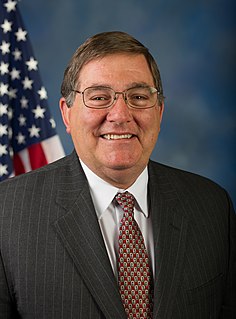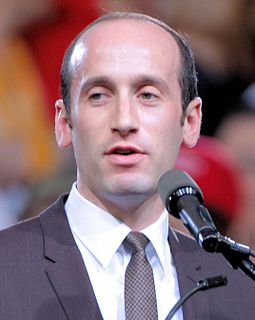A Quote by Alan Dershowitz
The Internet knows no national borders.
Quote Topics
Related Quotes
Developing countries can make great strides towards more progressive and effective taxation and spending through action within their own borders. But the damage caused by exemptions, loopholes, and tax havens requires action beyond national borders - it requires international action and cooperation.
A lot of things have changed since the days of Flickr. Facebook has concentrated the sociality of the Internet within its blue borders, like a Walmart siphoning off the mom-and-pop shops that formerly comprised the Internet's gathering places. Communication, in the age of mobile dominance, has become, of necessity, shorter and snack-sized.
Donald Trump is fighting for working people, and he's fighting to restore the borders around this country that are the essential ingredient for national sovereignty and national success in a way that nobody has who has held that office not only in my lifetime but, frankly, in the history of this country.
It is true that authoritarian governments increasingly see the internet as a threat in part because they see the US government behind the internet. It would not be accurate to say they are reacting to the threat posed by the internet, they are reacting to the threat poised by United States via the internet. They are not reacting against blogs, or Facebook or Twitter per se, they are reacting against organizations like the National Endowment for Democracy funding bloggers and activists.




































